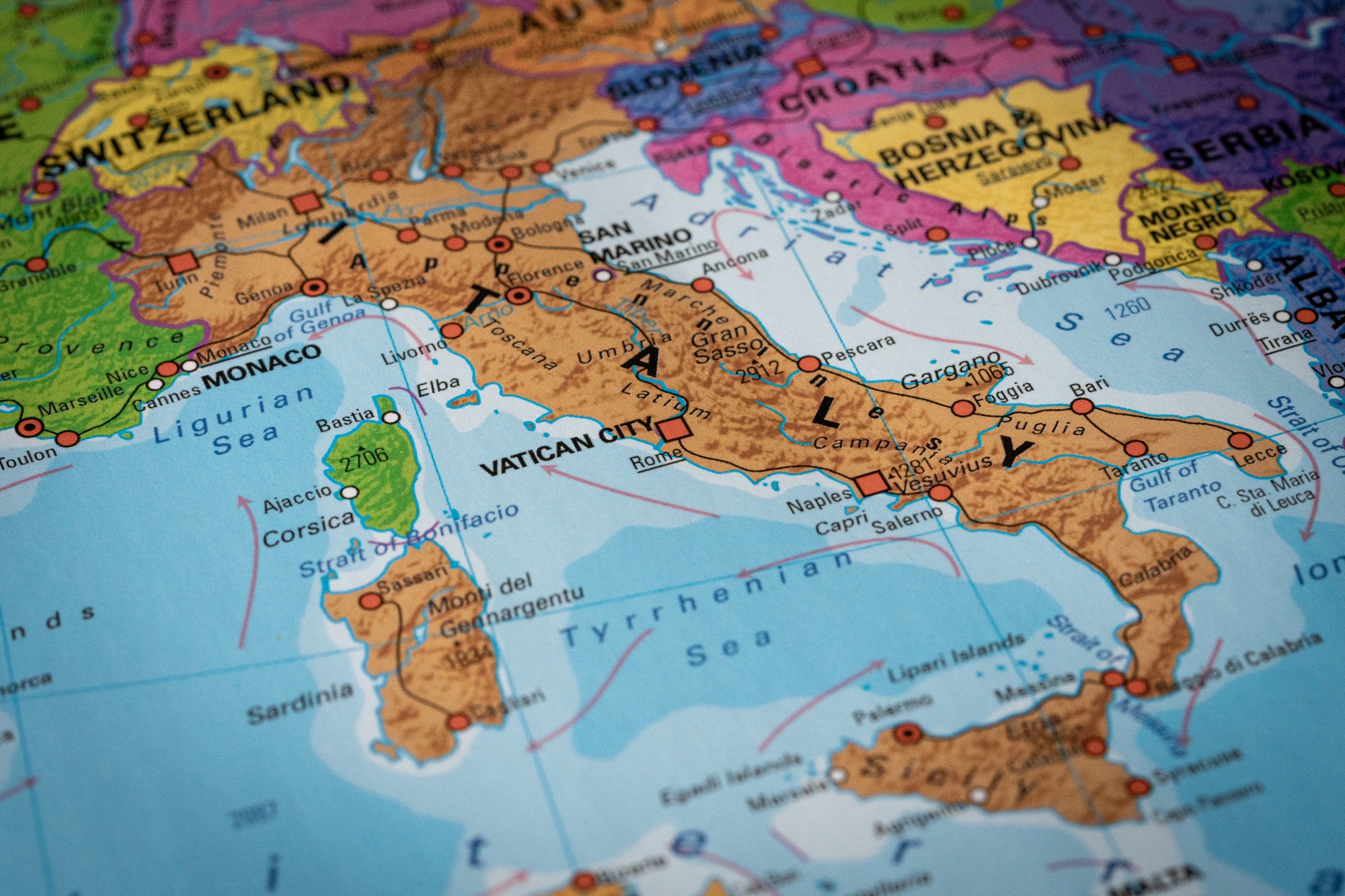Insider Brief
- Italy is rolling out a national quantum strategy to strengthen its position in quantum computing, communication, sensing, and metrology, while addressing funding shortfalls and gaps in industrial adoption.
- The government report outlines a plan to build national quantum labs, expand workforce training, and incentivize private sector investment to accelerate commercialization.
- Despite strong academic expertise, Italy lags behind international competitors in funding and startup activity, with the public consultation process now open for stakeholder input.
Italy is rolling out a national quantum strategy aimed at boosting research, industrial adoption, and workforce development to compete in a field that could redefine computing, security, and communications.
The team behind the report announced that the first draft of Italy’s National Strategy for Quantum Technologies is open to public consultation. The efforts are designed to gather contributions and observations from sector stakeholders, promoting a participatory process in defining national guidelines.
The strategy, outlined in a 65-page government report, sets a roadmap to strengthen Italy’s position in quantum technology, an area that relies on the unusual rules of quantum mechanics to process information in ways that traditional computing cannot. The plan focuses on quantum computing, communication, sensing, and metrology — the science of precise measurement. While Italy has strong academic expertise and early-stage industry participation, the report warns that the country lags behind global leaders in funding, industrial adoption, and startup activity, according to the report, which was translated into English using artificial intelligence.

Funding and Infrastructure Gaps
The report acknowledges that Italy’s €227.4 million investment in quantum technology from 2021 to 2024 is significantly lower than that of countries such as Germany, France and the United Kingdom. While the government’s post-pandemic recovery funds have helped launch research initiatives, industry participation remains limited.
The report details Italy’s strengths in quantum communication and sensing and points out where certain applications, such as secure data transmission and ultra-precise sensors, are closer to commercial use. However, the country lags in quantum computing and simulation, which require access to large-scale infrastructure such as quantum processors and specialized fabrication facilities.
The strategy emphasizes the need to build national quantum labs and testing facilities to reduce reliance on foreign providers. Expanding access to quantum hardware, including supercooled processors and advanced photonics, is seen as critical to making Italy competitive in the global market.
Industrial Adoption and Private Investment
Italy’s quantum sector remains heavily dependent on public funding, with limited private investment compared to international peers. The report highlights that venture capital investment in Italian quantum startups totaled just €12.5 million between 2023 and 2024, a fraction of what U.S. and European firms receive.
The strategy aims to incentivize private sector involvement through new funding programs, tax credits and public-private partnerships. Encouraging large Italian companies in finance, energy, and manufacturing to adopt quantum-based solutions is also a priority. The government sees potential for quantum technology in areas such as portfolio risk modeling, logistics optimization, and material discovery.
Workforce and Talent Development
A major challenge, the report notes, is Italy’s ability to train and retain quantum scientists and engineers. The country has strong university programs in physics and quantum research but lacks structured career paths to keep talent from leaving for better-funded institutions abroad.
To address this, the strategy proposes expanding quantum-focused graduate programs, launching industrial Ph.D. programs, and fostering collaboration between universities and private industry. The government also plans to create training programs to help traditional IT professionals transition into quantum computing and quantum software development.
Strategic Actions to Accelerate Progress
To close the gap with leading nations, Italy’s strategy outlines several key initiatives:
- Public Investment in Research and Infrastructure: Increase funding for basic and applied quantum research, focusing on building national testing facilities and shared-use labs for startups and industry partners.
- Industry Engagement and Commercialization: Encourage Italian companies to develop quantum-based applications, particularly in cybersecurity, pharmaceuticals, and materials science.
- Workforce Development: Expand university programs and establish industry partnerships to train quantum specialists and bridge the gap between research and commercial deployment.
- Standardization and Certification: Develop national and European-wide standards to ensure interoperability and security in quantum communication and computing systems.
- International Collaboration: Strengthen ties with European Union initiatives such as the Quantum Technology Flagship and the upcoming Quantum Act, which aims to align national quantum programs across member states.
Challenges and Competitive Outlook
While the strategy lays out a path forward, the report makes clear that Italy faces hurdles in executing its vision. The country must address gaps in hardware availability, attract foreign and domestic investors, and ensure that research efforts translate into viable commercial applications.
Startups in Italy’s quantum sector are smaller and less well-funded than their counterparts in the U.S., France, or Germany. Without stronger financial backing, Italian firms risk being left behind as the field moves toward real-world applications.
At the same time, Italy’s emphasis on quantum communication and sensing could provide an edge in sectors where security and precision measurements are critical. The report stresses that early adoption in these areas could help Italian companies carve out a niche in the evolving global quantum market.
The public consultation is open to all interested parties, who can submit suggestions and observations to contribute to the definition of the National Strategy on the website of Ministry of University and Research (MUR).















